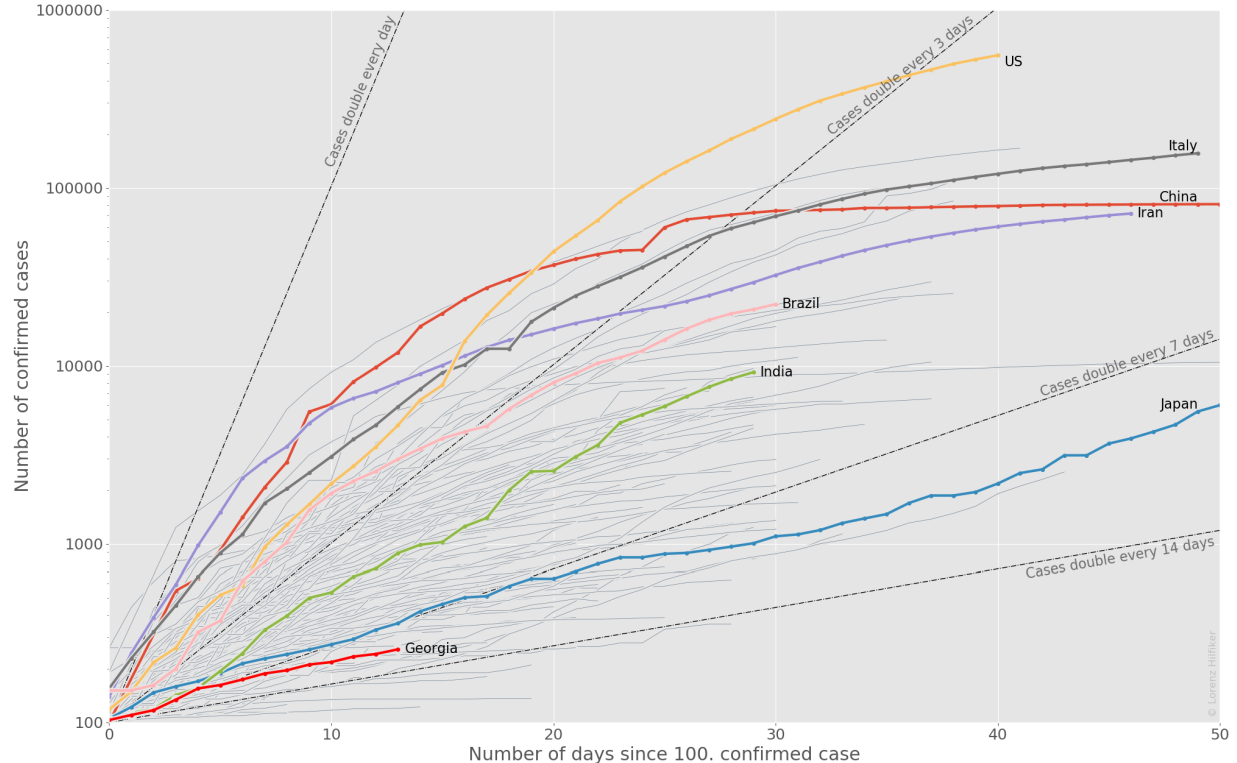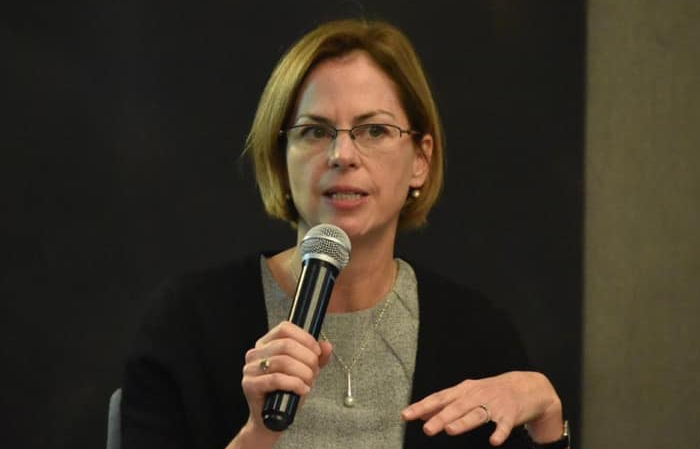 22.04.2020 (Caucasian Journal) The economies of South Caucasian countries will be severely hit in long time perspective due to global pandemic – from tourism decline and (in case of Azerbaijan) from oil price drop. As World Bank is known for economic forecasting, Caucasian Journal asked for professional comment from Sebastian MOLINEUS - WB Regional Director for the South Caucasus.
22.04.2020 (Caucasian Journal) The economies of South Caucasian countries will be severely hit in long time perspective due to global pandemic – from tourism decline and (in case of Azerbaijan) from oil price drop. As World Bank is known for economic forecasting, Caucasian Journal asked for professional comment from Sebastian MOLINEUS - WB Regional Director for the South Caucasus.Caucasian Journal: How does World Bank assess the economic consequences of pandemic in the countries of South Caucasus?
Sebastian MOLINEUS: The COVID-19 pandemic is presenting an unprecedented economic challenge for the world and is certainly having an impact on the economies of all three countries in the South Caucasus Region.
Indeed, the pandemic is occurring at an already fragile time for the Europe and Central Asian region, including the South Caucasus. Growth in Europe and Central Asia had already decelerated to 2.2 percent in 2019. And since February 2020, the region has faced an increasingly uphill battle to cope with the pandemic as it interrupts daily activity, puts further downward pressure on commodity prices, disrupts tightly linked global and regional supply chains, reduces travel and tourist arrivals, and decreases demand for exports from and within the economies in the region. As a consequence, most forecasts, including the WB’s Europe and Central Asia Economic (spring) Update, project a contraction in global and regional GDP in 2020.
By how much? The projections this time around are subject to significant uncertainty. How long the recession will last, and its severity will depend on the duration of the pandemic. The scenarios in the ECA Economic Update suggest regional GDP could contract by 2.8 percent in case the outbreak is largely contained by the second half of the year and measures to stop the spread of the virus are lifted, but the contraction could reach as much as 4.4 percent in case efforts to contain the outbreak spill into the third quarter of 2020.








